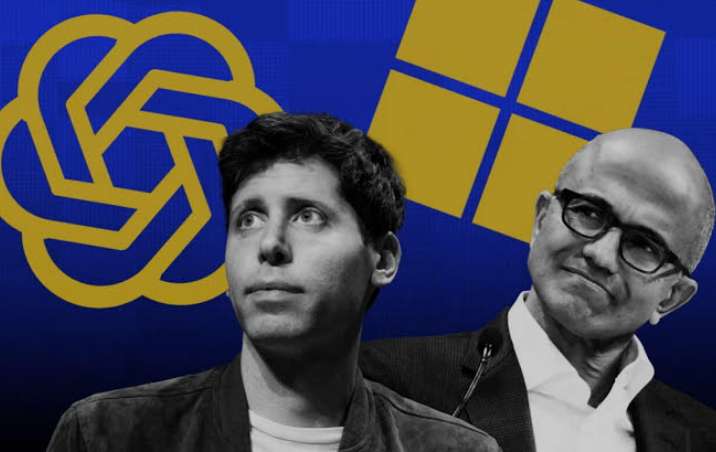OpenAI's Restructuring Delayed Amid Strained Microsoft Negotiations
The leading artificial intelligence company, OpenAI, originally planned to complete its corporate restructuring by the end of this year. However, according to sources, due to less-than-ideal negotiati

The leading artificial intelligence company, OpenAI, originally planned to complete its corporate restructuring by the end of this year. However, according to sources, due to less-than-ideal negotiations with its major shareholder, Microsoft, OpenAI’s reorganization may be postponed until next year.
The existing agreement between Microsoft and OpenAI remains in effect until 2030, meaning any restructuring by OpenAI must be agreed upon by Microsoft to amend the current commercial contract terms. But multiple sources revealed that there are several disputes between Microsoft and OpenAI, with key issues remaining unresolved.
Restructuring is a necessary step to support OpenAI’s future IPO and is also a critical condition for the company to secure additional investment from SoftBank. According to the investment terms with SoftBank, if OpenAI fails to complete the restructuring by December 31 this year, SoftBank has the right to suspend its $10 billion funding commitment.
This delay could pose obstacles to OpenAI’s subsequent financing efforts and may also dampen the enthusiasm of other investors toward OpenAI.
It is reported that the main dispute between OpenAI and Microsoft revolves around Microsoft’s access to OpenAI’s application programming interfaces (APIs). Microsoft holds the exclusive right to host OpenAI’s models on its Azure cloud services, but OpenAI is pushing to establish more partnerships with Google and Amazon Web Services.
This would increase OpenAI’s API sales revenue, which currently accounts for about a quarter of its $12 billion annual revenue. However, Microsoft is reluctant to open cloud service channels to its competitors. Sources said the two parties are negotiating a limited agreement that would allow OpenAI to offer competing services only to government clients that do not use Azure.
Additionally, the two companies are negotiating Microsoft’s future access to OpenAI’s intellectual property, focusing on whether Microsoft will be able to master the training process of OpenAI’s future models or will only be permitted to use the models in its products.
Another dispute involves the artificial general intelligence (AGI) clause, which grants OpenAI the power to cut off Microsoft’s access to its intellectual property upon achieving AGI. This clause is a significant leverage for OpenAI to counterbalance Microsoft. However, Microsoft hopes to abolish this clause.
Beyond Microsoft, there are many other factors hindering OpenAI’s restructuring, such as negotiations with other shareholders and with the attorneys general of the jurisdictions where OpenAI operates and is registered. These thorny issues further reduce the likelihood of the company completing restructuring talks this year.
Nevertheless, despite the challenges on the path to restructuring, OpenAI executives remain confident that SoftBank will not withdraw its investment. They believe that, given the company’s rapid growth since SoftBank’s investment, it can continue to secure funding even under the current structure.
At the same time, OpenAI is discussing a secondary stock sale with investors, which would value the company at $500 billion—a significant increase from the $300 billion valuation during SoftBank’s lead investment. Sources revealed that other investors are interested in participating in the funding round at an even higher valuation.
Disclaimer: The views in this article are from the original Creator and do not represent the views or position of Hawk Insight. The content of the article is for reference, communication and learning only, and does not constitute investment advice. If it involves copyright issues, please contact us for deletion.